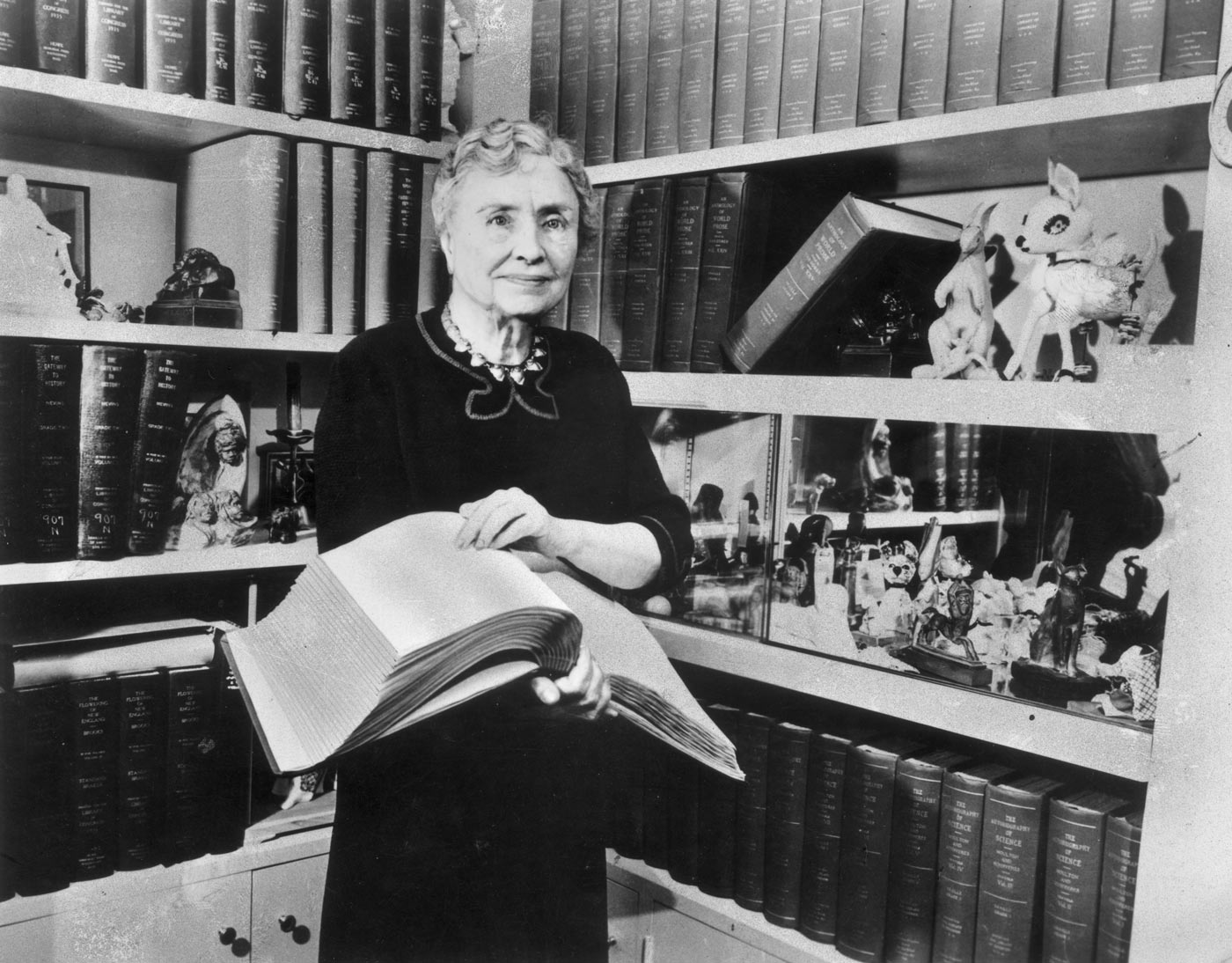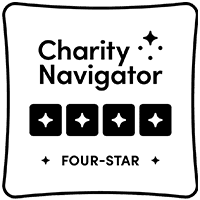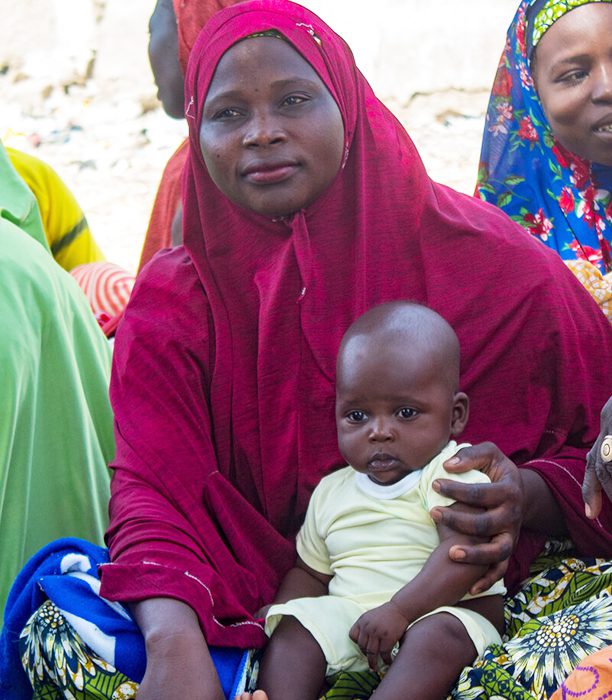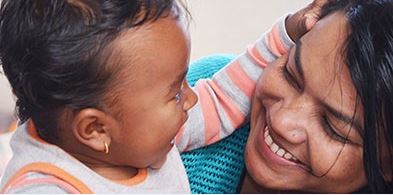
“Learn, Believe, Practice, and Stick to it”—A Simple Recipe For Change
Changing behaviour is difficult and often seems impossible, especially if it is surrounded by a great deal of perception, misconception, traditional values, and social pressures. However, I have found a way to fight back and to tell others this “simple recipe for change.”
From early 2008 until the end of 2010, I worked with Helen Keller International Nepal on a project named “AAMA” literally meaning “a mother” in English. AAMA, Action against Malnutrition through Agriculture, is a Helen Keller International-implemented project based on the Essential Nutrition Action (ENA) framework and the Helen Keller Homestead Food Production model. I learned a lot of new things from AAMA. I had never before heard of water intoxication (the risk of giving too much water to an infant, causing potentially life-threatening disturbances in brain function), nor was I aware of the importance of nutrition during and after pregnancy. Learning about the incredible effects of exclusive breastfeeding was another eye opener, which made me determined to practice it when I became a mother.
Having worked on a health behavior change project for several years, I have always believed in learning and continually evolving myself through adapting new behaviors. However, adopting new behaviors is easier said than done. I realized this when I became a new mother just a year ago. Before the delivery, I insisted to my pediatrician to let me start exclusive breastfeeding right after my child’s birth. Issue arose when my postpartum condition was not normal and full of complications, but I was determined to breastfeed my baby. My family kept telling me to bottle feed but I insisted on sticking to my decision.
Despite suffering from many complications after the delivery—engorgement, postpartum depression, and constipation—I continued exclusively breastfeeding my baby. When I was discharged from the hospital, my family continued to ask me to practice cultural tips and techniques to feed my baby. Some were useful while some were based on misconceptions, such as the idea that breast milk is not enough for a newborn and that I should start giving my baby supplementary solid food, but I was confident in what I had learned while working on AAMA. I knew about the advantage of exclusively breastfeeding for at least six months. I incorporated many nutritious foods such as beans, leafy green vegetables, grains, and fruits into my diet. Everyone kept making suggestions, and were often very discouraging to what I believed and was practicing. Even when my baby had common diarrhea, I was blamed for letting the child only have breastmilk without any other supplements.
Another misconception I was told was that a nursing mother eating a lot of beans is a main cause for her baby to have diarrhea. I kept trying to convince them that is is normal for a baby to have diarrhea, but they were being extremely difficult. However, once my baby started gaining weight and was becoming very healthy and playful, everyone started appreciating me for what I was doing. Even my traditional aunt once commented in front of everyone, “things have changed a lot from our times. Nowadays, people have become very aware of making the right choices for their baby.” My belief and faith had become even stronger.
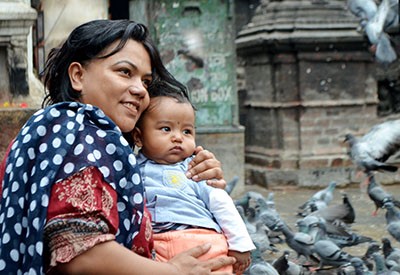
Motherhood has been a wonderful experience, filling me with joy, happiness, immense pleasure, and a strong responsibility towards the wellbeing of children’s health. I am very grateful that I had a chance to be a part of the AAMA project. Having witnessed the success of the ENA and EHA models of Helen Keller, the AAMA project has proved the idea of “small doable action.” My knowledge, beliefs, and ability to put them into action have really boosted my confidence in doing my current job as a Health Communicator, delivering behavioral change messages to thousands of communities of people like me who long for meaningful change. Thank you AAMA!
